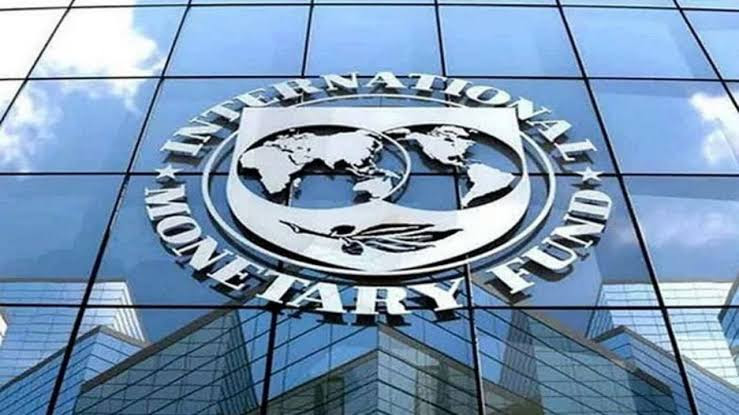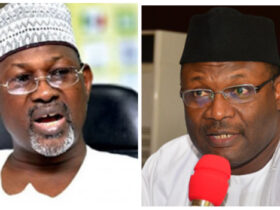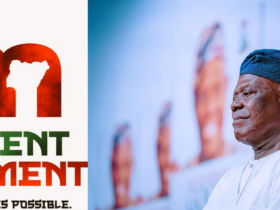Nigeria and other developing nations are intensifying their pleas for debt relief within the G-24, a coalition of emerging economies.
During the ongoing meeting of the International Monetary Fund (IMF) and World Bank in Marrakech, Morocco, the G-24, including Nigeria as a member, put forth a series of appeals.
The G-24 members expressed their deep concerns about the mounting and substantial levels of public debt confronting many developing countries.
They emphasized that these nations are grappling with debt levels that are unsustainable, making it extremely challenging for them to meet their repayment obligations.

While acknowledging the G-20 Common Framework, which is a debt relief initiative by the Group of Twenty (G-20) countries, the G-24 members pointed out that some of the poorest and most vulnerable countries are not benefiting from this debt relief program.
READ ALSO: World Bank Lists Naira Among Worst-performing Currencies in Africa
Consequently, they called for a robust debt resolution framework tailored to address the debt issues of these excluded countries. Simultaneously, they demanded a more comprehensive and sustainable solution to alleviate the burden of debt for these nations, enabling their economic growth and development.
Nigeria’s Minister of Finance and Coordinating Minister for the Economy, Mr. Wale Edun, stated at the Africa Group 1 Constituency Meeting on the sidelines of the IMF/World Bank meeting that “our member statement urges an effective debt resolution framework to support post-pandemic recovery. We also welcome Zambia’s debt restructuring agreement and call for swift resolution mechanisms for Ethiopia and Malawi.”
The G-24 members also called for increased concessional lending, particularly for investments in global public goods and sustainable development, such as affordable water and energy. Mr. Edun additionally advocated for the “elimination of export restrictions on fertilizer and grains, the avoidance of protectionist policies, and leveraging the normalization of supply chains and shipping costs to reinvigorate global trade.”
READ ALSO: Full Text: Atiku’s Speech At World Press Conference On Tinubu’s Certificate
At the G-24 meeting, Edun and other finance ministers expressed their concerns about the progress on the IMF general quota review. The IMF general quota refers to the monetary contribution made by each member country to the International Monetary Fund (IMF). This quota determines the country’s relative financial and voting power within the institution, based on factors such as GDP, trade openness, and international reserves.
The IMF uses the general quota to finance its lending activities and provide financial stability to member countries facing economic difficulties. It also plays a pivotal role in decision-making processes related to policies and strategies within the organization.
Wale Edun and his fellow finance ministers reiterated their call for the IMF “to remain a quota-based institution to enhance the voice and representation of emerging market and developing economies, which now constitute a larger share of the world GDP.”








Leave a Reply